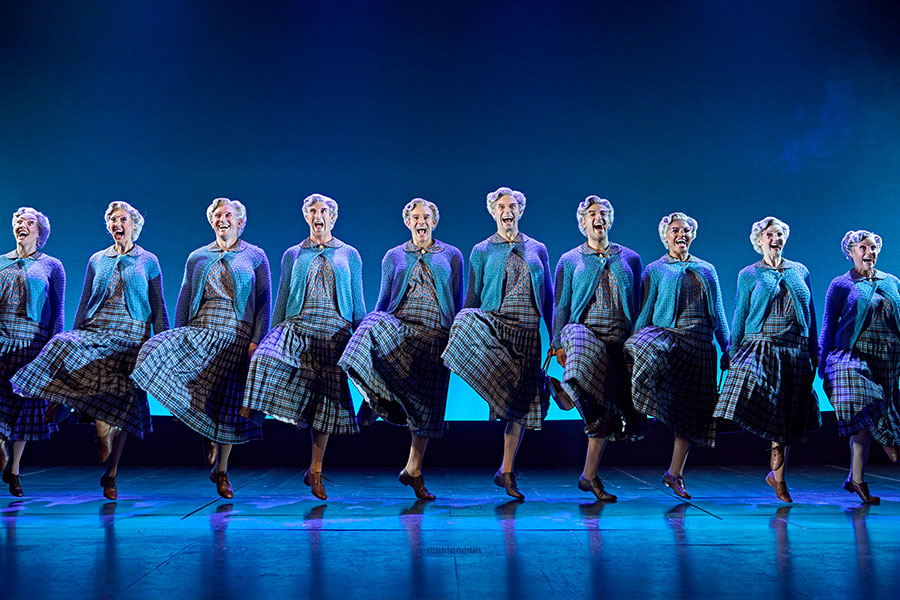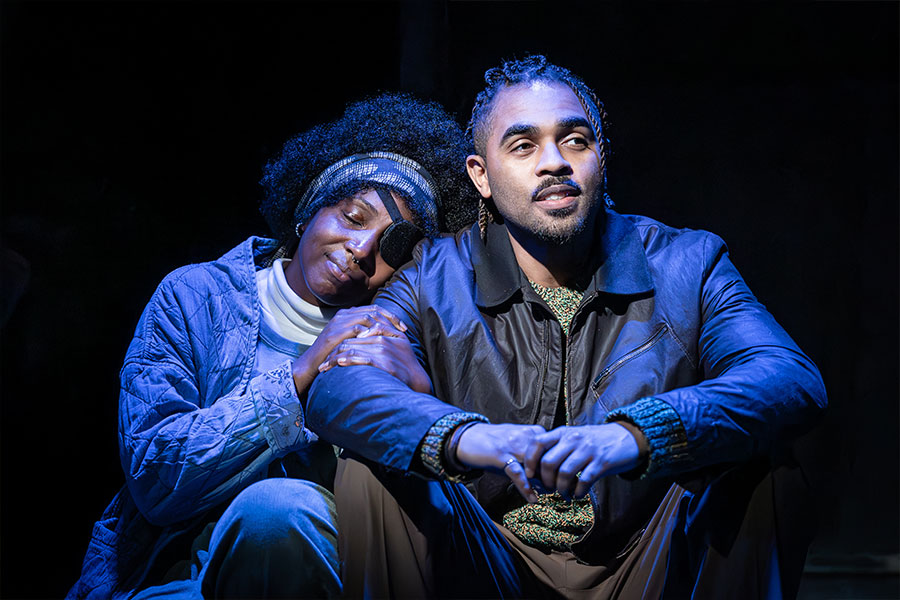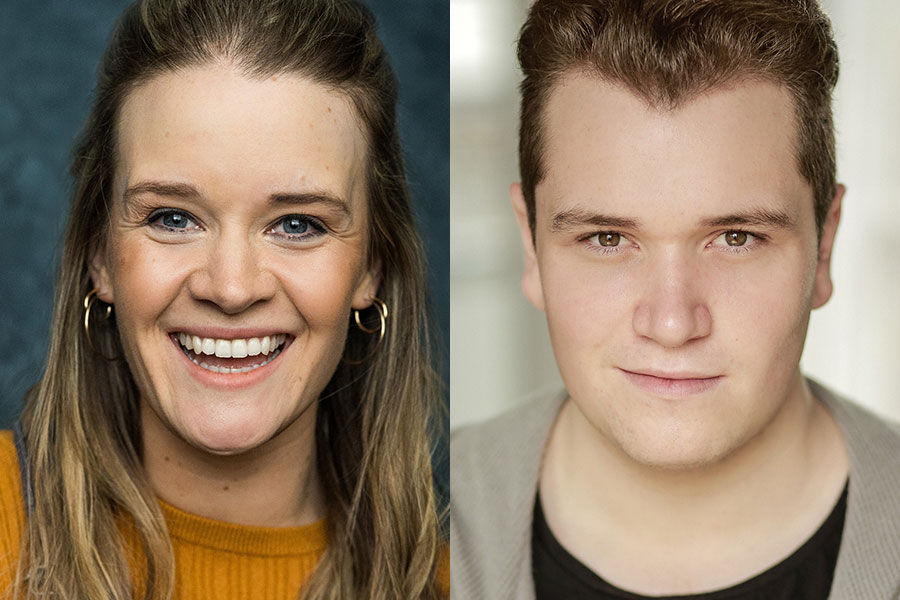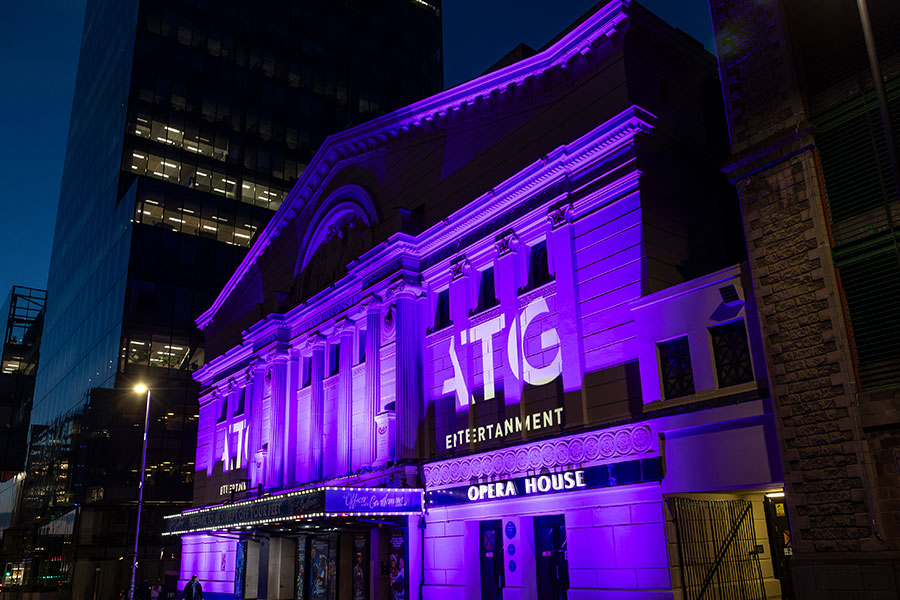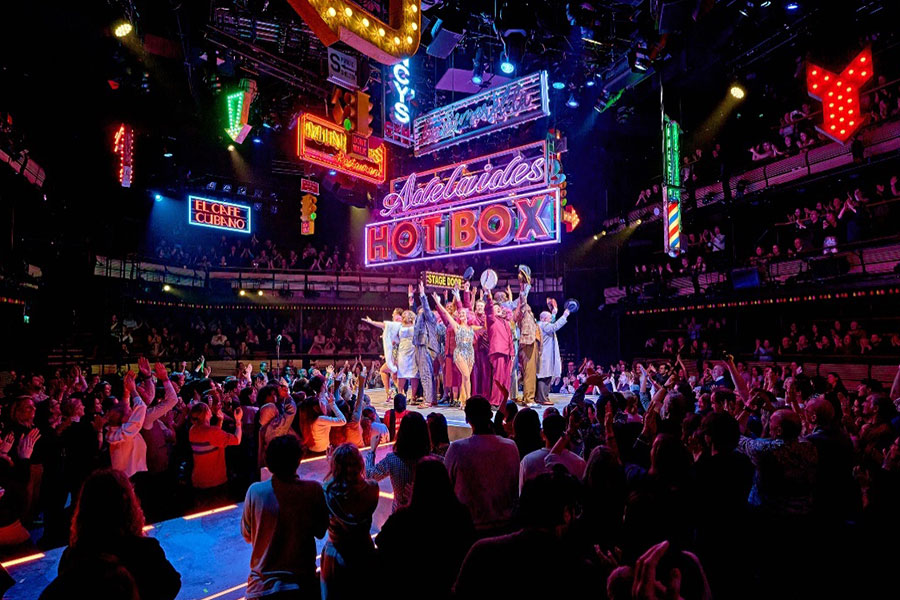Albert Herring
All the great operas examine the human condition through heightened emotions that transcend the everyday. That’s why they’re operas, not plays. In this richly expressive art form, it’s notes in a score rather than words on a page that propel the characters through their inner histrionics.
In this country, few composers have understood this as clearly as Benjamin Britten, who became the master of the libretto once he’d cast aside the prolixity of W. H. Auden (Paul Bunyan), the floridity of Ronald Duncan (The Rape of Lucretia) and, above all, the provinciality of Eric Crozier’s Maupassant adaptation, Albert Herring, as unoperatic a subject as ever graced the lyric stage.
The great and good of Loxford, a small Suffolk village, cannot find a girl sufficiently unsullied to be chosen as Queen of the May so they give the job to the mollycoddled son of the greengrocer’s widow. One spiked drink of lemonade at the May fair is all it takes to spark young Albert’s spring awakening.
As well as stretching its singers, Britten’s comic opera needs pinpoint acting and pitch-perfect direction if it is not to seem like a dated play set to gratuitous music. This Guildhall production, the third by a London music college this year, gets it right… mostly.
Production values are sky high. Designer Tom Rogers provides a strongly coloured, false-perspective environment within which William Kerley marshals a terrific company of advanced opera students. He directs with style, wit and pace but also throws in a rather facile updating to the 1970s. Thus Lady Billows, the moral crusader of Loxford, (Lucinda-Mirikata Deacon) is cast as Mary Whitehouse and Britten’s Sid and Nancy become, rather predictably, the safety-pin-ups of heroin chic. Kerley is drawing a parallel here with our titular innocent’s journey to self-discovery through rebellion and waywardness; but subtle it ain’t.
Albert Herring’s chamber orchestration makes fierce demands of its players, yet a fine band of Guildhall students wears its difficulties lightly. Their attack is exemplary, as is their accuracy and sense of ensemble, and Clive Timms’s reading of Britten’s score – one of his longest – never once dips or droops.
The standard of singing is remarkably high, too. Only a few isolated diction issues, mostly in Act One, betray the fact that these are not yet seasoned professionals, although most of the cast do appear to be the finished article. Thomas Herford is a superbly doleful, clear-voiced Albert (Daniel Joy plays the part at alternate performances), while Matthew Sprange as Sid and Máire Flavin as Nancy tinge their comic roles with such touching, sweetly sung tenderness that we soon forget their silly punk accoutrements.
Such is the strength in depth that even Mr Gedge, the sock-&-sandal-wearing vicar, is able to shine through the luminous baritone of Gary Griffiths (Koji Terada on alternate nights), while Ciara O’Connor’s cheeky village brat, Harry, walks off with every scene (s)he’s in.
The big test of any production of Albert Herring is the nine-part mock-threnody towards the end, ‘In the midst of life is death’, in which the supposedly-deceased Albert is mourned heartily by all the principals. Kerley’s production plays this moment commendably straight, the universal grieving projected with born-again fervour, and despite its inherent ridiculousness I confess it jerked a tear.
– Mark Valencia




